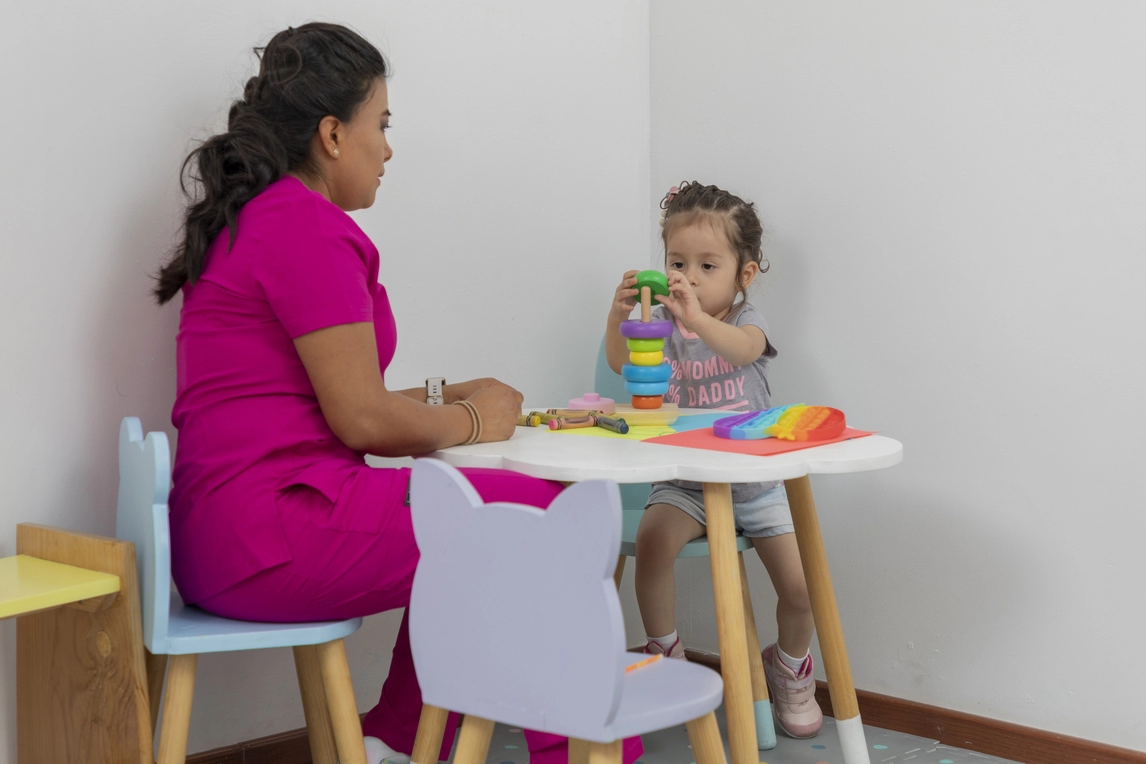Coping with Sensory Processing Issues in Children with Autism: Tips and Strategies for Parents

If you are the parent of a child with autism, you may have noticed that your child experiences sensory processing issues. Sensory processing issues refer to difficulties with processing and responding to sensory information from the environment. Children with autism may experience hypersensitivity, hyposensitivity, or both. Hypersensitivity means that the child may be oversensitive to certain sensory stimuli, while hyposensitivity means that the child may be under-sensitive or less responsive to sensory stimuli.
Sensory processing issues can be challenging for both the child and the parent, but there are strategies and tips that can help. Here are some suggestions for coping with sensory processing issues in children with autism:
- Identify triggers: Observe your child's behavior and try to identify the specific sensory stimuli that trigger a negative reaction. For example, your child may become upset or overwhelmed by loud noises, bright lights, certain textures, or smells. Once you have identified the triggers, you can work on minimizing or avoiding them.
- Create a sensory-friendly environment: Try to create a sensory-friendly environment at home by reducing the sensory stimuli that bother your child. This may involve using dimmer lights, avoiding strong smells, reducing noise levels, and providing calming activities or sensory toys.
- Use visual supports: Visual supports, such as picture schedules and visual cues, can help your child understand and prepare for sensory experiences. For example, you can use pictures or icons to show your child what to expect during a noisy or crowded event.
- Provide sensory breaks: Sensory breaks can help your child regulate their sensory system and reduce stress. Sensory breaks may involve providing quiet time, a space for movement or physical activity, or a sensory bin with calming materials.
- Seek professional support: If your child's sensory processing issues are significantly impacting their daily life, seek professional support from a clinical psychologist or occupational therapist. These professionals can provide assessment, intervention, and strategies tailored to your child's needs.
Coping with sensory processing issues in children with autism can be challenging for parents, but the Braintree Clinical Psychologist team is here to help. Our team of clinical psychologists has extensive experience working with children with autism and can provide assessment, intervention, and support for both the child and their family. Here are some ways that our team can help:
Assessment: Our team can conduct a comprehensive assessment to identify your child's specific sensory processing issues and develop a tailored treatment plan. We use evidence-based assessments to gather information about your child's sensory preferences, sensitivities, and aversions.
Intervention: Our team can provide evidence-based interventions to help your child manage their sensory processing issues. We use a range of techniques, such as sensory integration therapy, cognitive-behavioral therapy, and social skills training, to help your child cope with sensory stimuli.
Family support: Our team understands that parenting a child with autism can be challenging, so we offer family support and guidance. We can help you understand your child's diagnosis, manage behavioral challenges, and access community resources.
Advocacy: Our team can advocate for your child and family by working with schools, healthcare providers, and other community organizations to ensure that they receive the appropriate services and accommodations.
Research: Our team is actively involved in research on autism and sensory processing issues, and we contribute to the development of new treatments and interventions.
If you are struggling to cope with your child's sensory processing issues, please don't hesitate to reach out to our team at Braintree Clinical Psychologist. We are here to help you and your child manage and regulate their sensory system, so they can reach their full potential.
Please share with those who could benefit
Encourage your friends and colleagues to join the community and take advantage of events and resources for children with special needs.
Or share on: